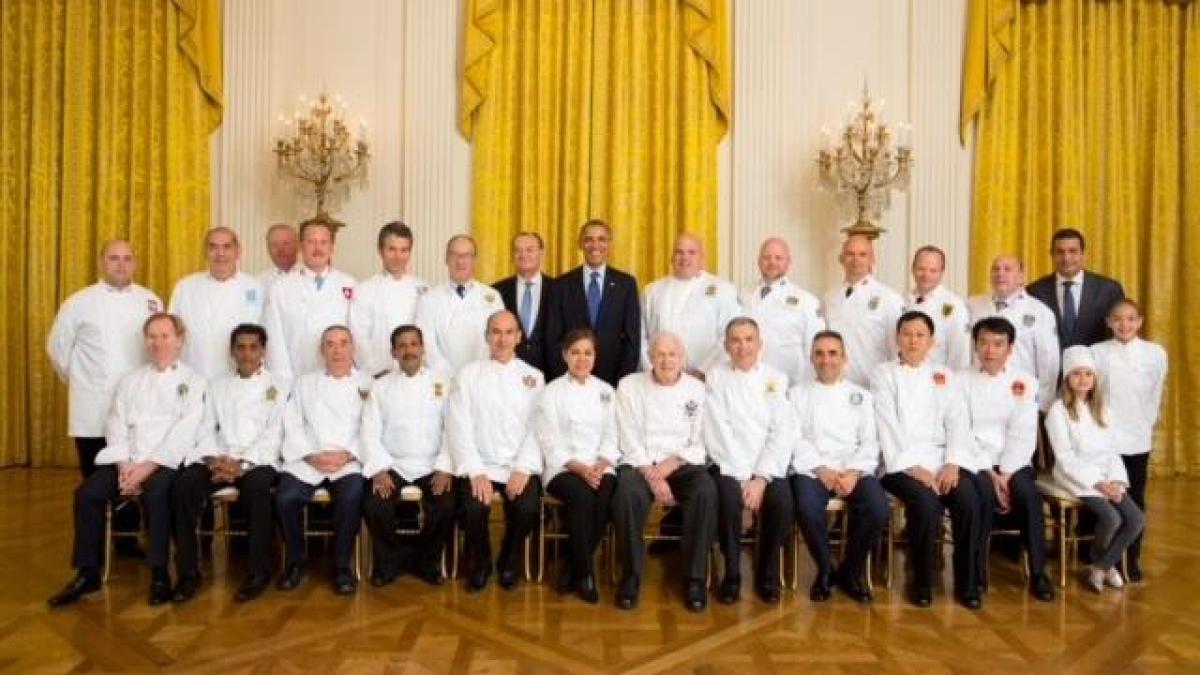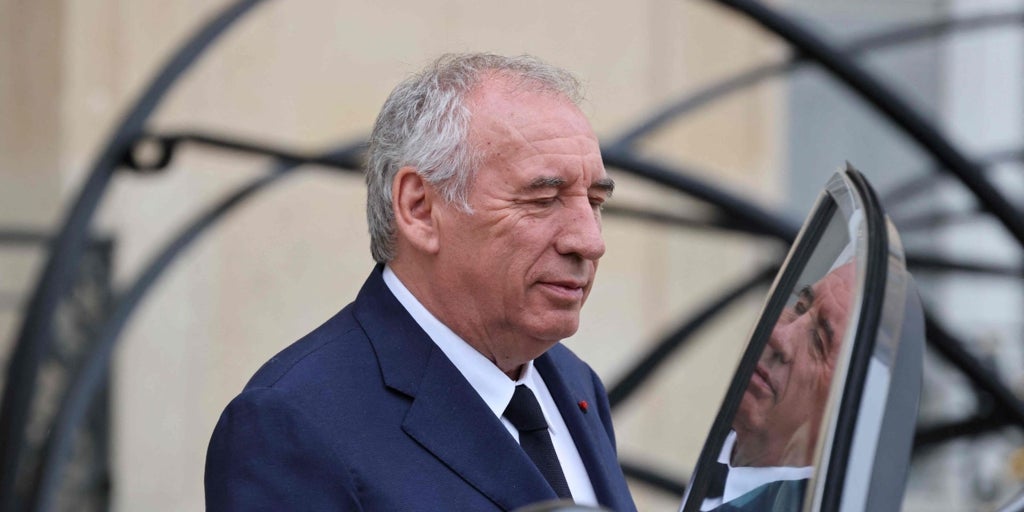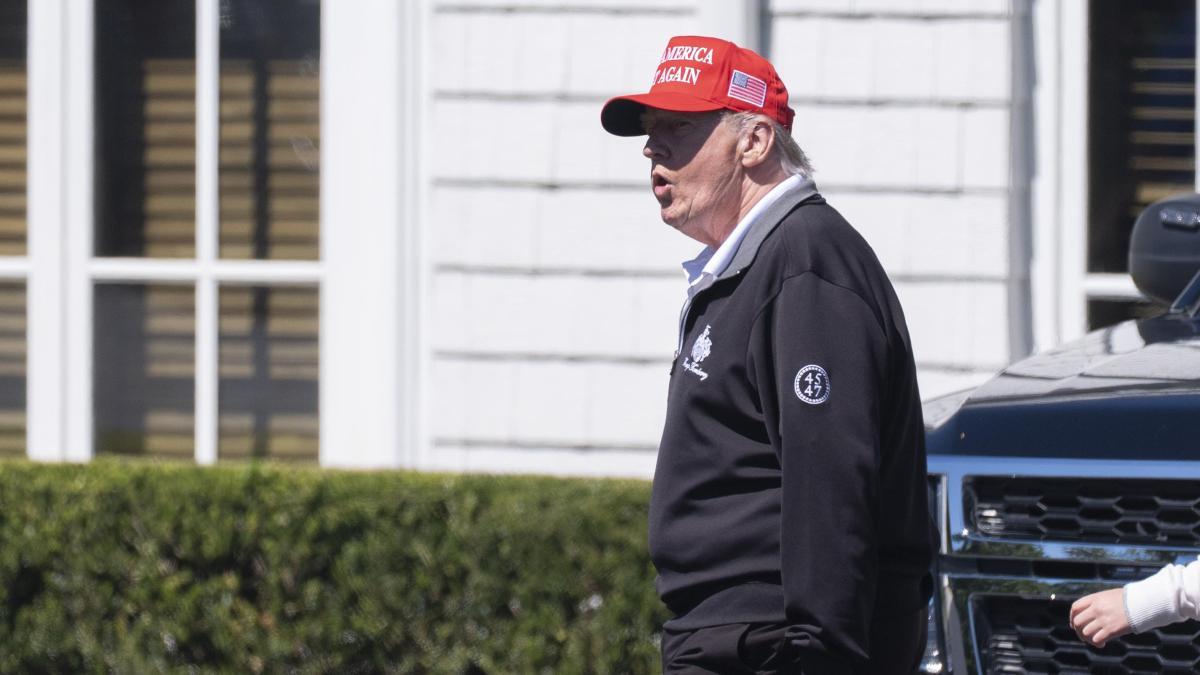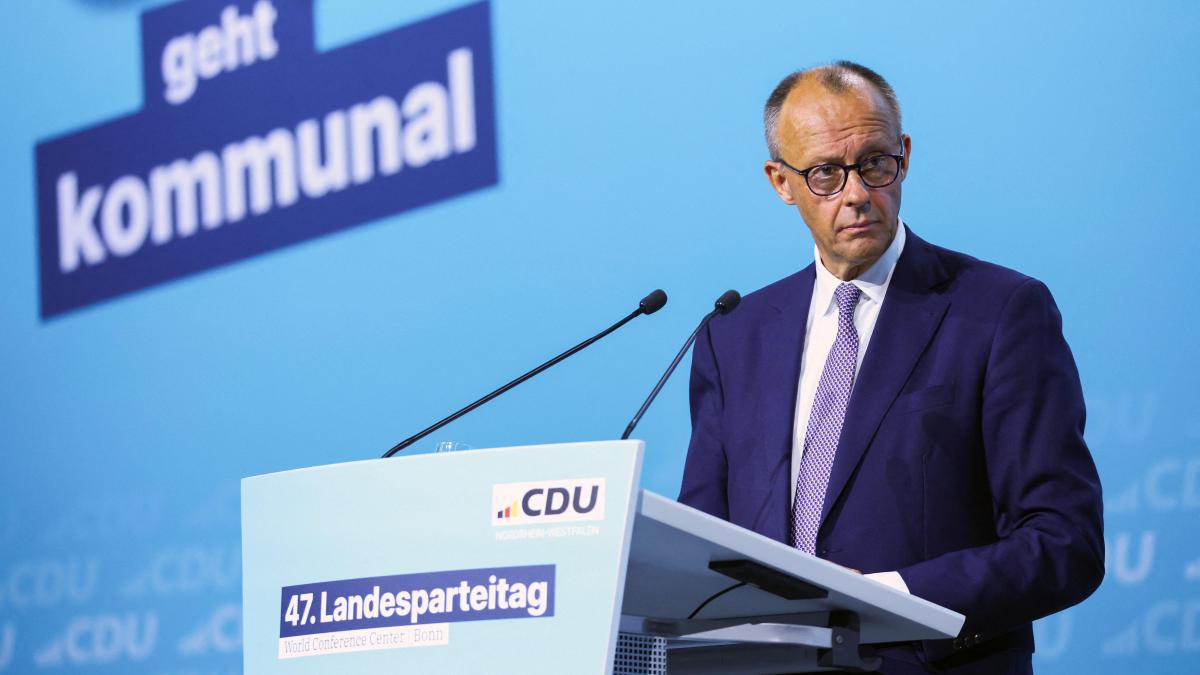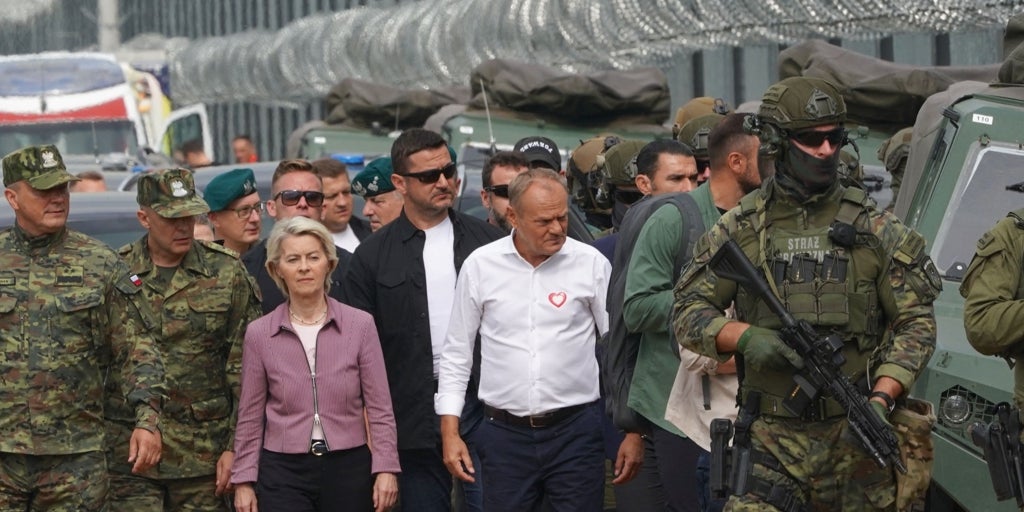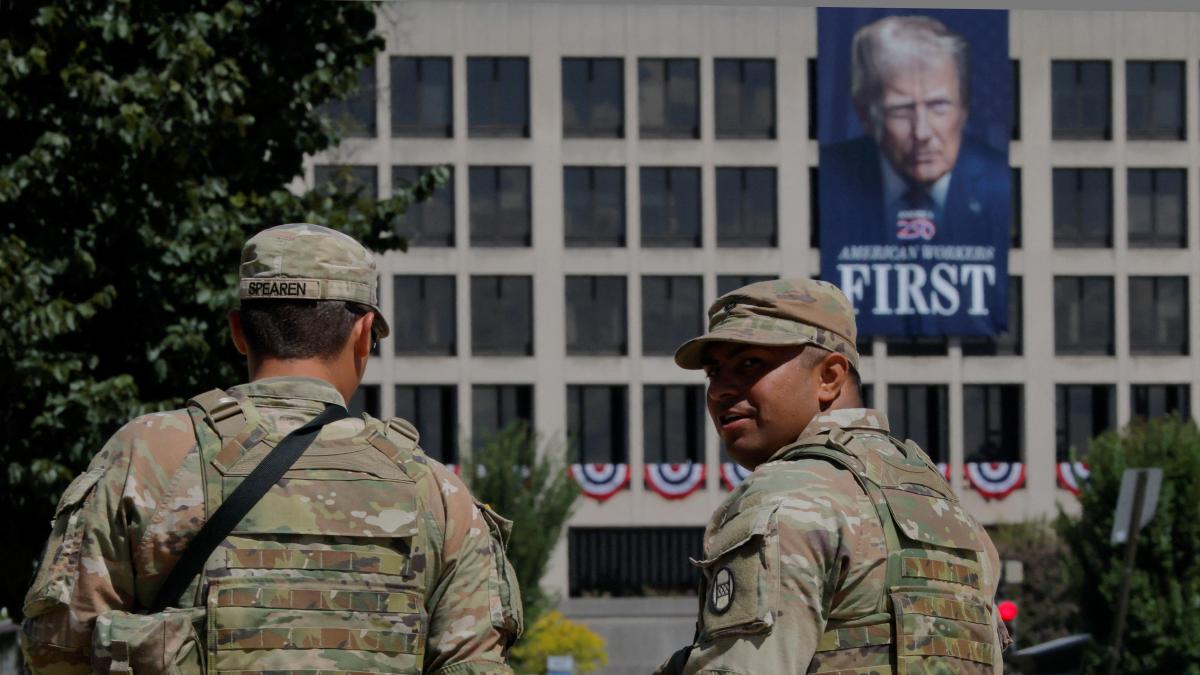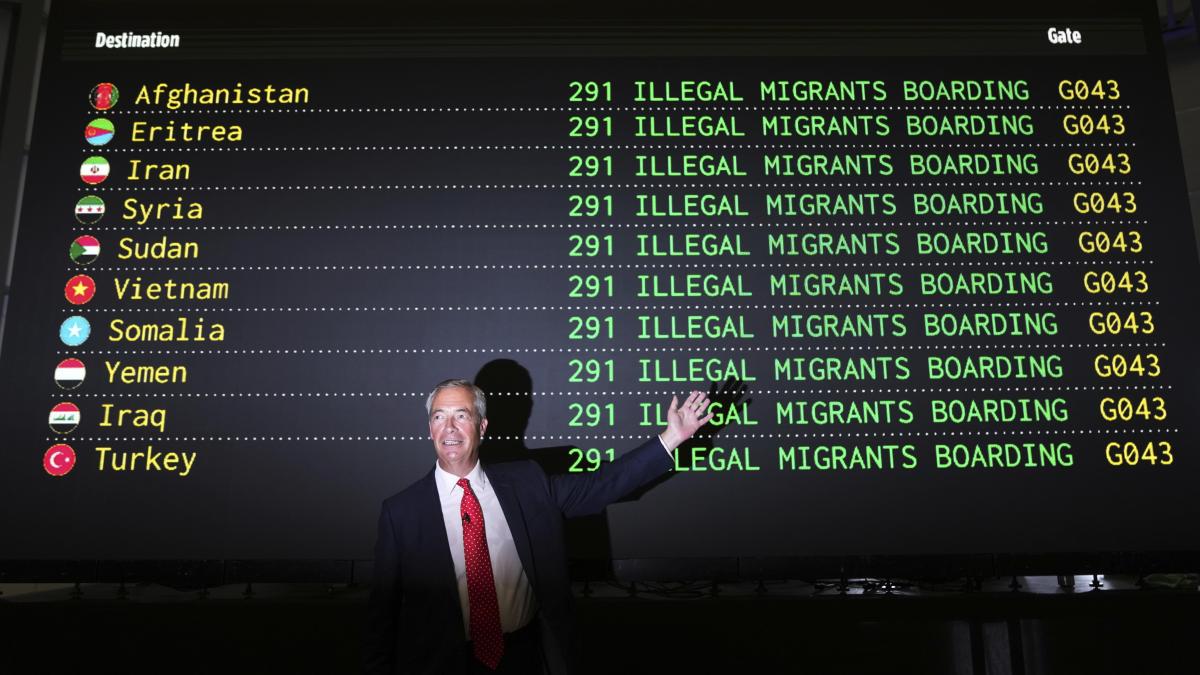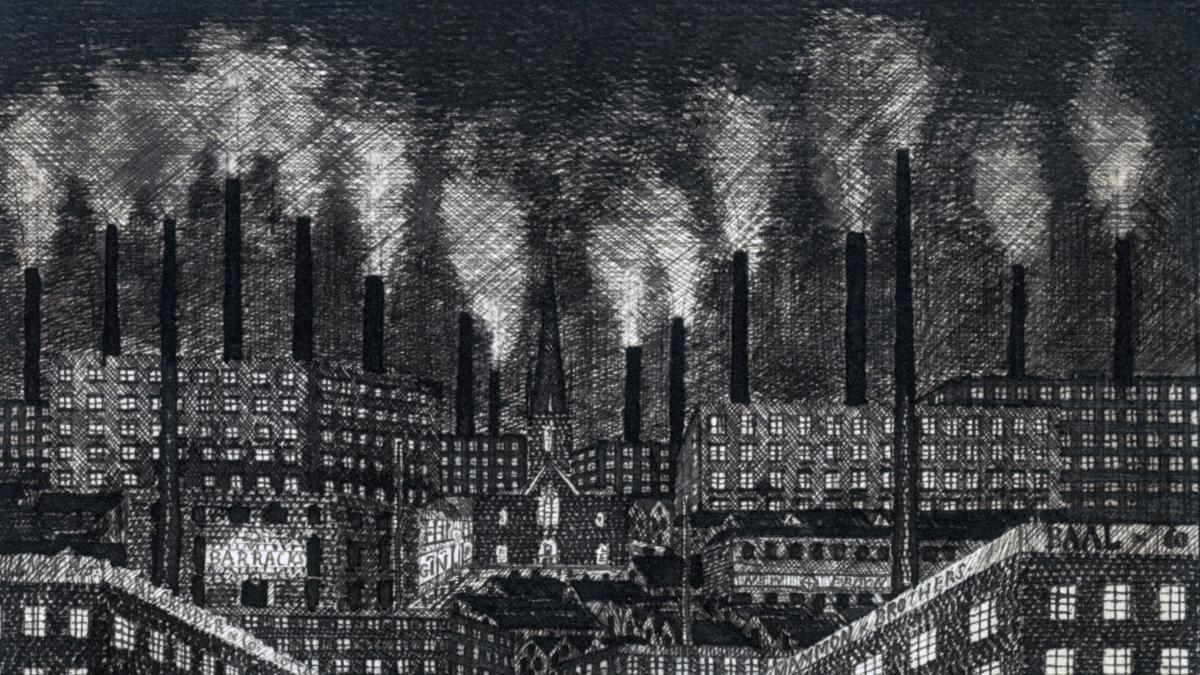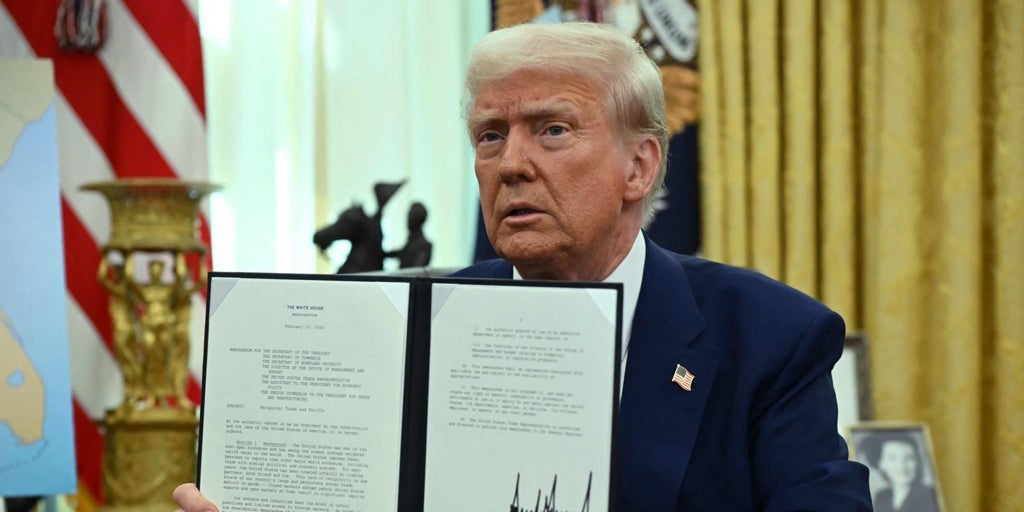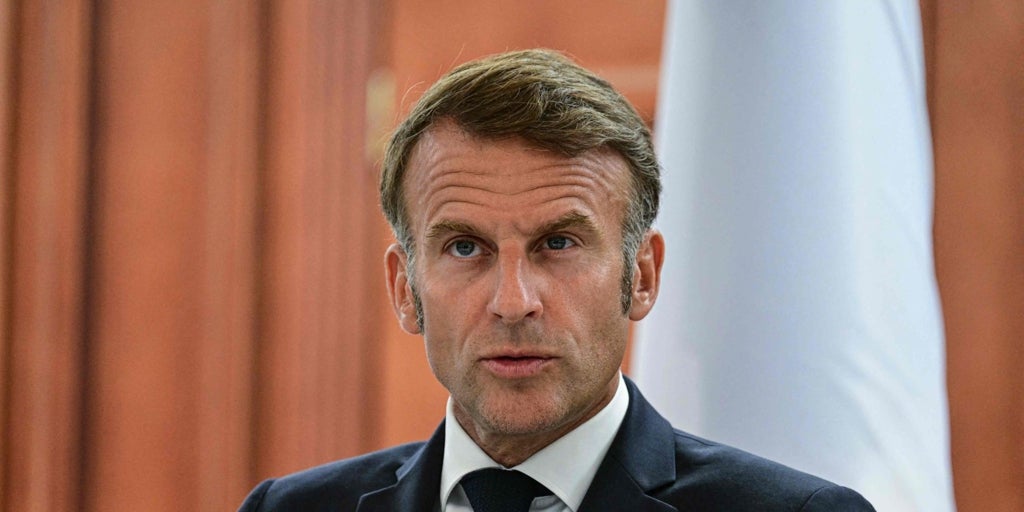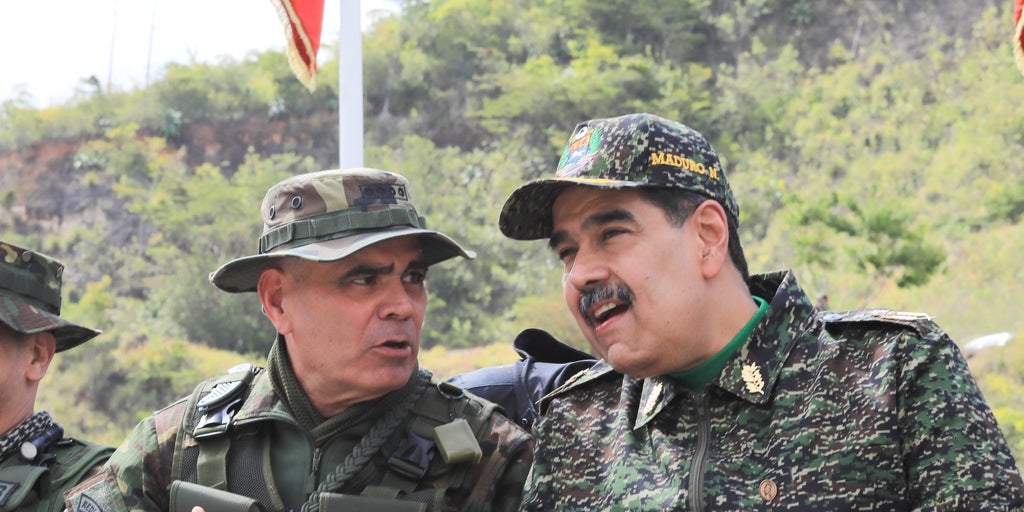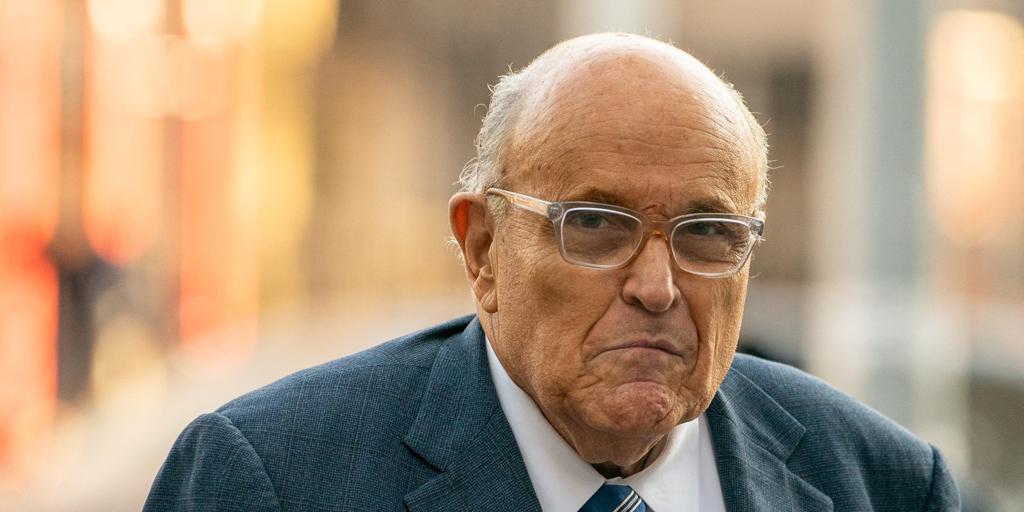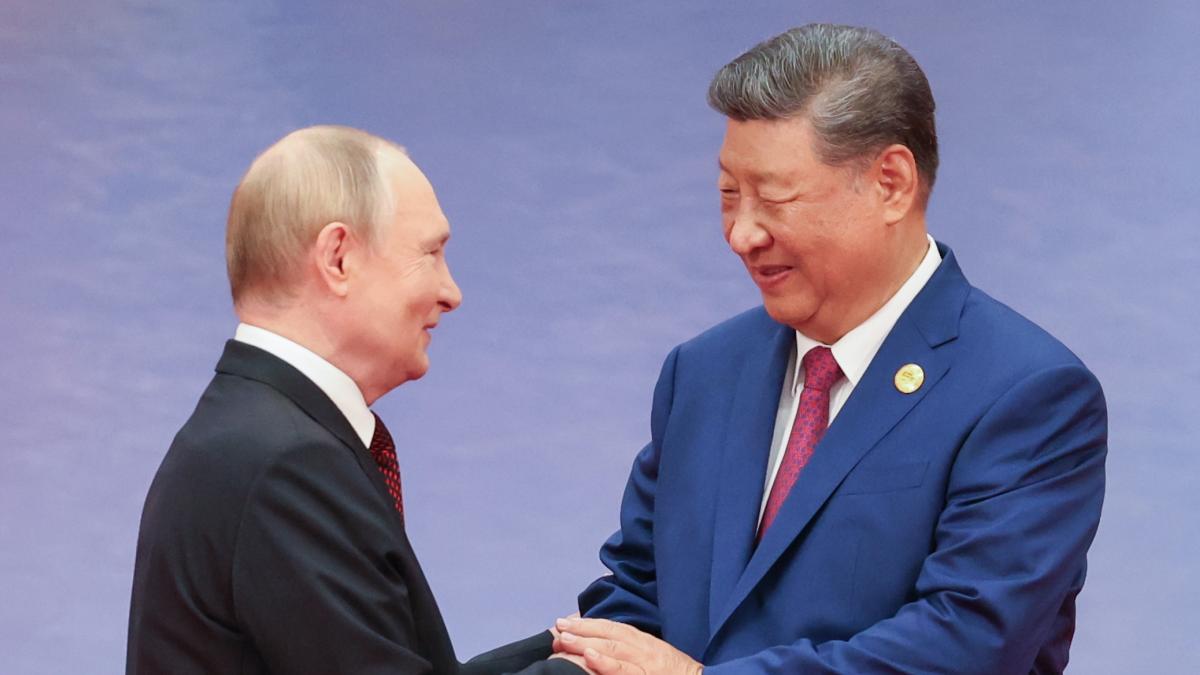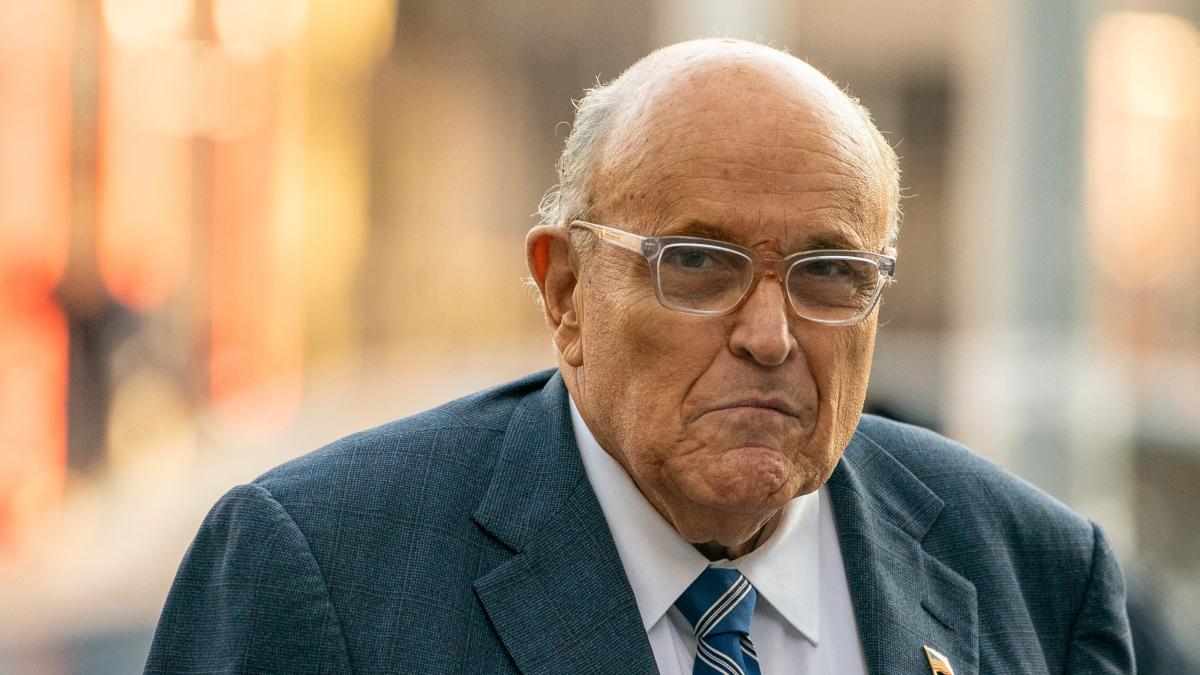This Is the Gastronomy G-20
It is not enough to know how to cook to be part of the elitist Chefs des Chefs club, one of the most exclusive and prestigious organizations on the gastronomic scene. To obtain membership it is essential to meet one requirement: be a chef for a head of state. This is explained by its general secretary, the Frenchman Gilles Bragard, who almost 40 years ago, when he was still in charge of an important chef’s jacket firm, founded this group to promote a network of camaraderie and cooperation between personal chefs of the most influential politicians and monarchs on the planet.
Today they are known as the G-20 of gastronomy, although in the beginning they were more like the G-7. “The idea arose in 1977 when I invited seven chefs to a dinner at the restaurant in Collonges-au-Mont-d’Or (France) of my friend Paul Bocuse.” The meeting was attended by, among others, the chef of the White House and also the chef of the Elysée. “They were all cooking for a president and were so excited about the meeting that they wanted to see each other again. I said, ‘Okay, let’s start a club.’”
Every Time the Members Meet, They Usually Organize a Charity Dinner to Raise Funds.
What began as a simple meeting around a good table ended up becoming an annual meeting. The club grew, and together, they traveled around the world: from Asia to Washington in the times of Ronald Reagan, Barack Obama, Bill Clinton, and Joe Biden. They were even invited by the King of Sweden to a reception at Stockholm Castle. Today, although they are known as the G-20 of the kitchen, in reality, the club is made up of 22 chefs. “It is a non-profit organization,” underlines its general secretary, adding that every time the members meet they usually organize a charity dinner with a local NGO to raise funds. The last one was held in September at the Quirinal in Rome with President Sergio Mattarella. Three years ago, the city of Madrid welcomed them with the Moncloa chef, José Roca, as the great host.
“Roca has already served three presidents and is close to retirement. At the moment, he represents Spain in the club because King Philip’s chef is a little shy and doesn’t want to participate,” adds Bragard, explaining that the regulations state that there can only be one chef member per country. “When this one leaves his position, a new one enters. It is as if the role of the head of state was the same as that of the cook.”
He may not have to face the same political crossroads as the president he serves, but he will have to take care of his diet 24 hours a day, including holidays and weekends. “In addition, they have to coordinate state lunches and dinners, which are very high-quality banquets that are usually attended by hundreds of people. “They can’t make a single mistake,” says Bragard, assuring that the chefs of heads of state usually have a team that varies depending on whether they are royalty – about 60 people – or a presidential household – normally about 7 or 8, as is the case of Moncloa.
Accessing the position is not easy either. “There cannot be a single blot on your resume, as security and confidentiality are obviously at stake.” Therefore, before having to start a major investigation to choose the new chef of the head of state, it is usually resorted to directly promoting the position of the head of state sous chef. Maintaining professional secrecy is also mandatory, since revealing the president’s culinary preferences sometimes has political repercussions. “We saw it with Bush. Two weeks after confessing that he did not like broccoli, farmers of this vegetable demonstrated against him in front of the White House. Or with Chirac, who said that he loved calf’s head and, wherever he went, people wanted to cook this recipe for him. “He ended up saying that he hated her.”
“This is a job for someone who truly likes serving their country,” says Bragard, adding that, interestingly, all the club’s cooks have the same type of character. “They are very punctual and very precise people.” Does the chef’s contract end when the president is removed? “No, only in one country: Canada. There, when the prime minister ends his term, the entire staff changes in the administration. In other places – Bragard concludes – I have never seen it.”

